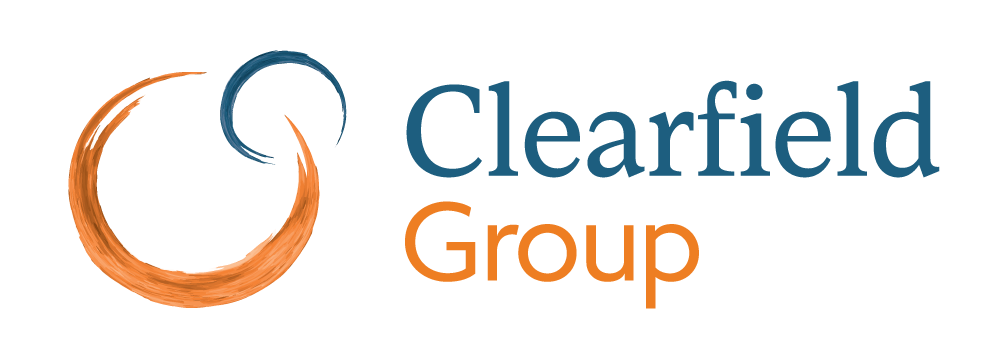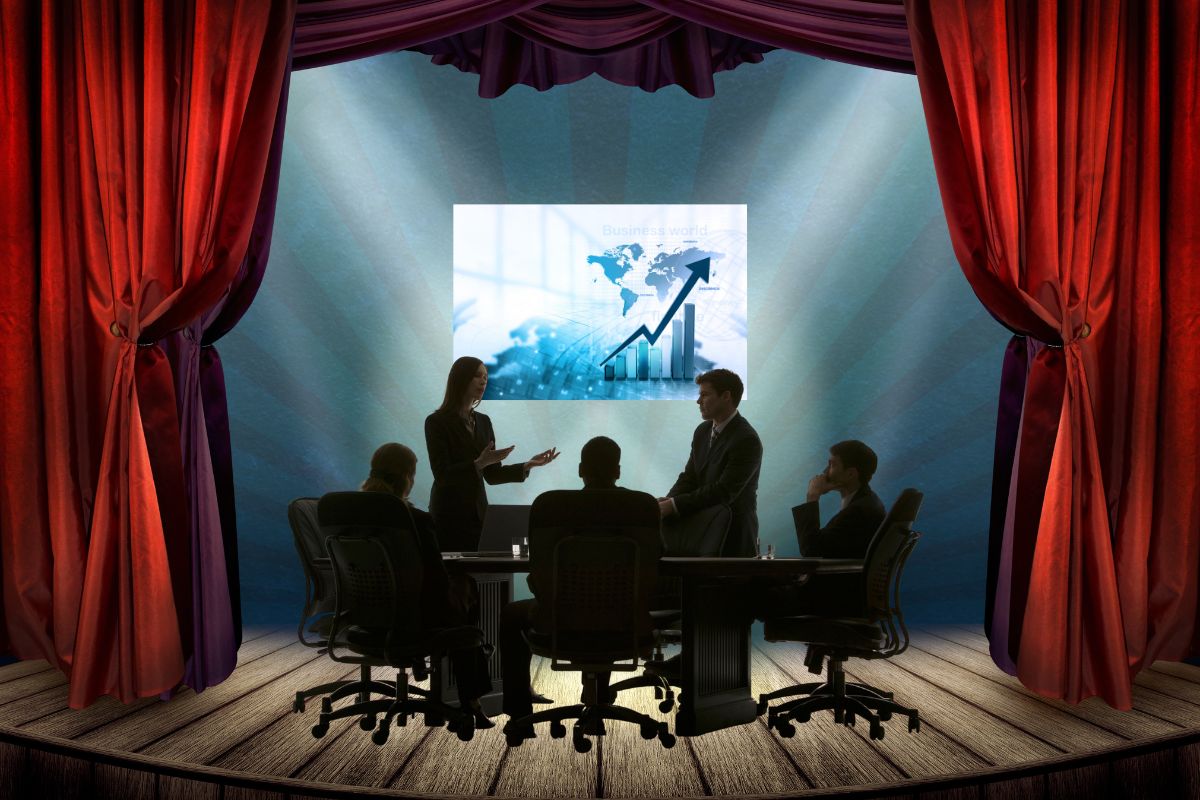Cue the flashbacks to middle school.
No, I don’t mean drama as in middle school drama. I mean dramatic as in spontaneous and emergent—dramatic because we don’t know what happens next!
Natural disasters, bar fights, first dates, exploration, and play are all dramatic events. They’re dramatic because you don’t know what’s going to happen next.
Contrast that with the theatrical. Theatrical events aren’t really real. Even if they seem real, the circumstances surrounding them are generally predetermined. They are scripted rather than emergent. The outcomes are bound—we already know all the possible ends from the beginning.
A lot of corporate work tends to be theatrical: Board meetings, strategy processes, PowerPoint decks, etc. They are business as usual—we know that aside from someone starting to snore, there won’t be any real surprises.
Dramatic events require us to respond in the moment and to be curious about the outcome.
Doing change work and solving complex problems requires drama, not theatricality.
Complex problems are more than just problems with a lot of moving pieces, they’re problems that require a collective understanding and a movement to action that exists beyond any one individual. They are beyond the ken of any one person or team to solve. The small details matter.
Advancing a complex problem requires co-creation. Believe it or not, this is a dramatic act. You don’t know what kind of reality others want to create, and you don’t know what will happen when you start to collaborate.
Drama embraces the unknown, and it is the way to get a system unstuck.
A lot of change work can benefit from leaders knowing how to shift a theatrical event into a dramatic one.
If you’re curious how a little drama can transform the way you approach complex problems, watch my short video, Complex Challenges Require Drama.
In it, I explain how letting go of your outcome expectations and replacing your reliance on predetermined solutions with a mindset of curiosity and flexibility will help you build trust and have a greater impact with your stakeholders.
Give it a watch!
Are you a podcast fan? I’m curious about what you’re listening to! What are your favorite leadership podcasts? Drop your recommendations here!

